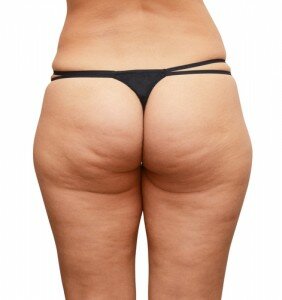 Women are more likely to suffer from depression than men are, but women also appear to be less likely to talk about it. This is not just in someone’s head, but it is a real disease that occurs as a result from a chemical imbalance in the brain. Depression can become severe so it is important to not ignore the signs and symptoms. There are effective treatments available that can help you to get back to feeling like yourself. It is important that all women educate themselves about depression so that if it occurs, they can catch it early and get early treatment.
Women are more likely to suffer from depression than men are, but women also appear to be less likely to talk about it. This is not just in someone’s head, but it is a real disease that occurs as a result from a chemical imbalance in the brain. Depression can become severe so it is important to not ignore the signs and symptoms. There are effective treatments available that can help you to get back to feeling like yourself. It is important that all women educate themselves about depression so that if it occurs, they can catch it early and get early treatment.
What is Depression?
Depression is a condition that can affect everything from your social life, to your career to your family relationships. It is estimated that one and eight women will experience this condition at some point. This is a pretty big number. It is important to know the signs so that they are easily recognizable should they occur. These signs and symptoms include:
- Depressed mood
- Feelings of hopelessness, guilt and worthlessness
- Sleep disturbances (you could be sleeping a lot less or a lot more)
- Difficulty concentrating
- Not enjoying the things that you used to
- Recurrent thoughts of death
- Suicidal thoughts
- Weight and appetite changes
- Fatigue and lack of energy
Differences Between Women and Men
Women and men do differ in how they experience the signs and symptoms of depression. While these are the same, how they occur does differ. The following describe how men and women differ in their experience:
- While men tend to blame others when depressed, women will blame themselves.
- Women feel sad and worthless, where men tend to be irritable and angry.
- Men are more guarded and suspicious, where women are more scared and anxious.
- Women will avoid conflicts, while men will create them.
- Men feel agitated and restless, while women feel nervous and slowed down.
- Women cannot set boundaries, while men feel the need for constant control.
- Men have a hard time admitting there is an issue, where women can often talk about it easily.
- Men tend to self-medicate with sports, sex and alcohol, where women tend to use food, false love and friends.
Getting Help
Once you start to notice that you do not feel like yourself it is time to reach out for help. You can begin by talking to a trusted friend or family member to help vent any frustrations. You may also benefit from getting good sleep, regular exercise, a healthy diet and staying active with your normal activities.
When the above just does not get the job done you should talk to your doctor. He or she can discuss things like talk therapy and medications for depression. Most people with depression do see a psychiatrist for the pharmacological care and a therapist for talk therapy. Many women do not end up needing medications if they do regular talk therapy. The key is to find what will work for you.









![[Google]](/wp-content/plugins/easy-adsense-lite/google-light.gif)
